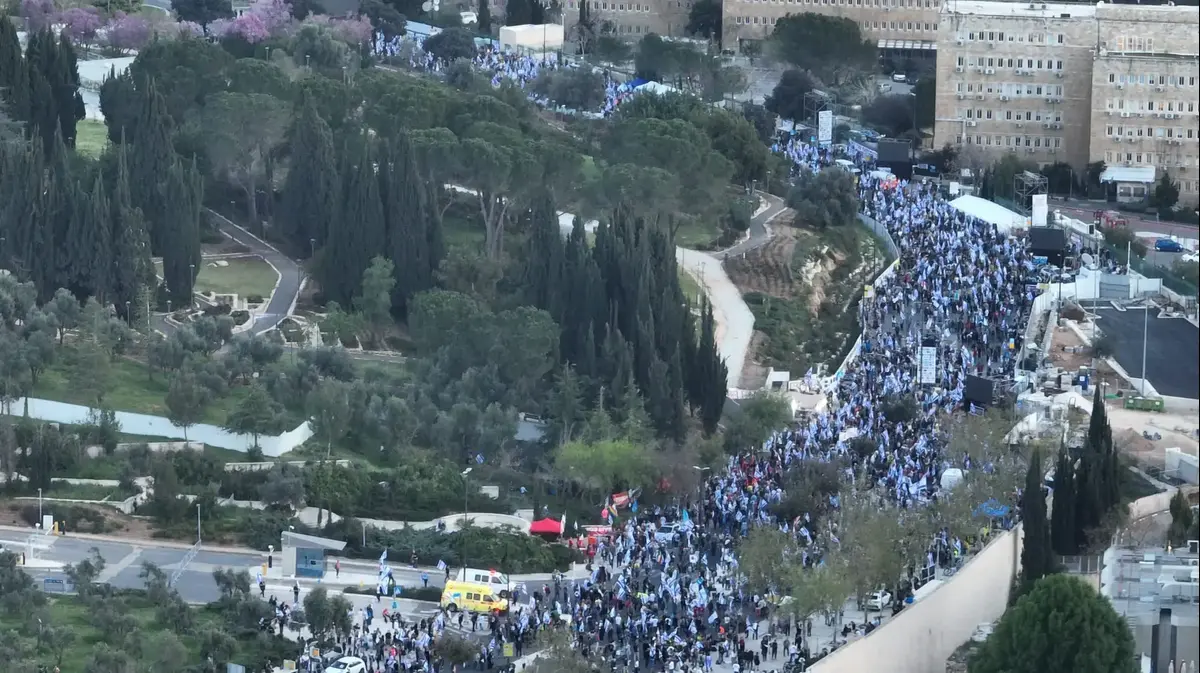Passover is our original Independence Day - the holiday that marks Israel's existential change from a gathering of tribes to a constitutional nation, from a slave nation to a sovereign nation. The Seder night and the Haggadah are the preservation instruments of the holiday.
The holiday that was marginal, a halakhic, purely formal, Day of Zion, has become a real holiday in the new Israeli era. Like Hanukkah, which has changed its face and turned from a historical holiday of religious salvation, a trial, into a national Zionist holiday of heroism and proud nationalism at this time. Still, it seems that Passover is the next candidate for a dramatic change in meaning. It is difficult to determine what commemorates a holiday and what sends a date to the abyss of femininity. Some holidays die of their own accord and are forgotten, and others remain forever despite the changes of times. We can be redeemed from our evil Egyptianism; we just need to remember five wise women. The Passover and its contents were imbued to the point of saturation with a defensive spirituality, with an imagined aggression that replaced real power. It was a sign of an answer to the question of how to preserve national hopes in the eras of destruction, loss of independence, and exile. In a generation that until recently was not afraid to open the door and get out of it to whatever it wanted, it was fitting that the future of the Passover we were familiar with should fade away and disappear, like that Nicanor Day. Altnoy: "All the syndromes of "we are standing up to our brides" returned at once - and powerfully. On the other hand, we discovered once again that the Holy One, blessed be He, does not come to parties and wars, nor "rescue us from them." From the fourth side, we became Egyptians. A mighty regional power, which spares no means to bite, run amok, abuse, and starve the enslaved of Palestine.

